Farm Dog Breeds: Loyal Guardians of Your Land & Heart
Farm life can be demanding, and having the right dog by your side makes all the difference. Farm dog breeds are not just pets; they’re workers, protectors, and companions rolled into one. From herding livestock to guarding property, the right farm dog can be an invaluable asset.
But with so many breeds out there, how do you choose the perfect one for your farm? Let’s dive deep into the best farm dog breeds and find out what makes them so special.
Why Farm Dogs Are Essential for Rural Life
Farm dogs aren’t just cute helpers; they’re crucial to maintaining the flow of daily operations. Here’s why every farm needs a good dog:
- Herding livestock: Helping move sheep, cattle, and goats safely.
- Guarding the property: Protecting the farm from intruders and predators.
- Providing companionship: Offering loyalty, love, and emotional support.
- Enhancing productivity: A well-trained dog makes many tasks quicker and easier.
Key Traits of a Great Farm Dog
Not every dog breed is fit for farm life. The best farm dogs share a unique combination of traits:
Strong Temperament and Loyalty
Farm dogs need to be brave, loyal, and calm under pressure. They must be able to handle the chaos of a busy farm without becoming aggressive or scared.
High Intelligence and Trainability
Smart dogs that learn commands quickly are ideal. Farm life can throw unpredictable challenges, so a sharp mind is a must.
Physical Strength and Stamina
Farm dogs should be built to work long hours outdoors, often in extreme weather. Endurance and a tough constitution are critical.
Top Farm Dog Breeds for Hardworking Farms
Here’s a list of some of the best farm dog breeds known for their outstanding work ethic and loyalty.
Border Collie: The Ultimate Herding Dog
Border Collies are often regarded as the most intelligent dog breed. They are natural herders, full of energy, and love having a job to do.
- Extremely smart and easy to train
- Incredible stamina for long working days
- Gentle and affectionate with family
Australian Cattle Dog: The Tough Worker
Also known as Blue Heelers, these dogs are rugged, resourceful, and packed with energy.
- Fearless when protecting livestock
- Great for herding cattle
- Requires regular mental and physical stimulation
Great Pyrenees: The Gentle Guardian
If you need a dog that can guard livestock and stay calm around strangers, the Great Pyrenees is your answer.
- Protective instincts are unmatched
- Gentle and nurturing with farm animals
- Can work independently without constant supervision
Australian Shepherd: The Agile All-Rounder
Australian Shepherds are natural herders and incredibly versatile, excelling in a variety of farm roles.
- Fast learners with high energy levels
- Extremely agile and quick
- Very loyal to their owners
Belgian Malinois: The Elite Protector
Originally bred for herding, Belgian Malinois are now widely used by military and police forces thanks to their intelligence and loyalty.
- Highly trainable and obedient
- Great for guarding and protection tasks
- Needs a lot of physical exercise
Anatolian Shepherd: Born to Protect
These large, powerful dogs are bred to guard livestock without human supervision.
- Natural guardians with strong territorial instincts
- Very independent and confident
- Ideal for farms with sheep or goats
How to Choose the Right Farm Dog for Your Needs
Choosing a farm dog isn’t just about picking the “best breed” it’s about finding the best fit for your farm’s specific needs. Consider:
- Size of your farm: Larger farms might need dogs with more endurance.
- Type of livestock: Sheep require different herding techniques than cattle.
- Security needs: Some farms prioritize protection over herding skills.
- Your daily routine: Make sure you can meet the exercise and training needs.
Training Tips for Future Farm Dogs
Training is key to getting the most out of your farm dog. Here’s how to set them up for success:
Start Training Early
Puppies are more adaptable and absorb training better. Early exposure to farm activities will create better habits.
Use Positive Reinforcement
Reward-based training works wonders. Praise, treats, and affection will motivate your farm dog to follow commands happily.
Consistency Is Key
Stick to consistent commands and expectations. Farm dogs thrive when they know exactly what’s expected of them.
Best Living Conditions for Farm Dogs
Farm dogs need much more than a cozy dog bed inside the house. They require:
Proper Shelter
Even if your dog spends a lot of time outdoors, they must have a warm, dry shelter to retreat to during extreme weather.
Room to Roam
Farm dogs aren’t city dwellers. They need large spaces to run, explore, and work freely.
Balanced Diet
Working dogs burn tons of calories. Ensure they get a nutritious diet rich in protein and healthy fats.
Common Health Issues
Even the toughest farm dogs can face health problems. Keep an eye out for:
- Hip dysplasia: Especially common in larger breeds
- Joint problems: Resulting from overwork
- Obesity: From lack of exercise or poor diet
- Parasites: Farm environments can expose dogs to ticks and fleas
Regular vet checkups and preventive care can help your dog stay healthy and active for years.
Final Thoughts
Choosing the right farm dog breed is a life-changing decision. The right dog will not only help you manage daily chores but will also become a beloved member of your family. Whether you need a herding expert like the Border Collie or a fearless guardian like the Great Pyrenees, there’s a perfect dog out there waiting to make your farm life even better.
Remember: a hardworking farm dog is only as good as the training, love, and care it receives. Treat them well, and you’ll gain a loyal partner for life.
Frequently Asked Questions (FAQs)
Q1: What is the best all-around farm dog?
A: The Border Collie is often considered the best all-around farm dog due to its intelligence, work ethic, and versatility.
Q2: Can a farm dog live inside the house?
A: Yes, many farm dogs enjoy spending time inside with their family but still need plenty of outdoor exercise.
Q3: Are farm dogs good with children?
A: Most farm dogs are very loyal and protective of children, especially breeds like the Great Pyrenees and Australian Shepherd.
Q4: How much exercise does a farm dog need?
A: Farm dogs usually require at least 1–2 hours of physical activity daily, plus mental stimulation.
Q5: What farm dog breed is best for guarding livestock?
A: The Great Pyrenees and Anatolian Shepherd are among the top choices for guarding and protecting livestock.
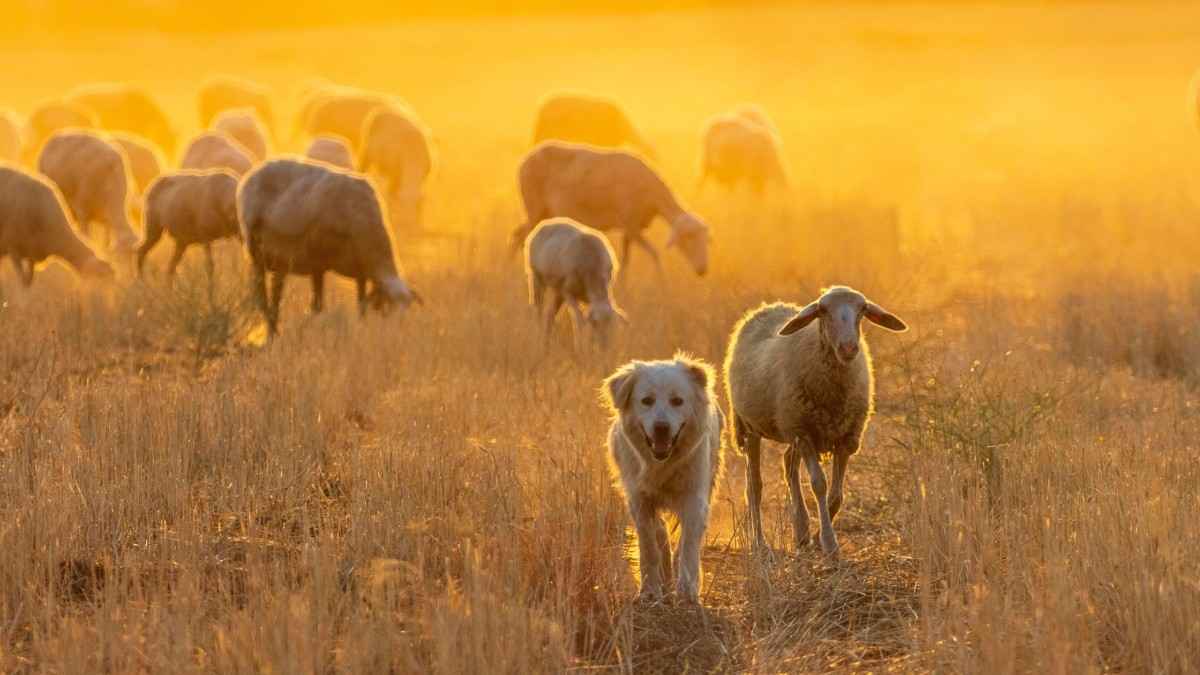
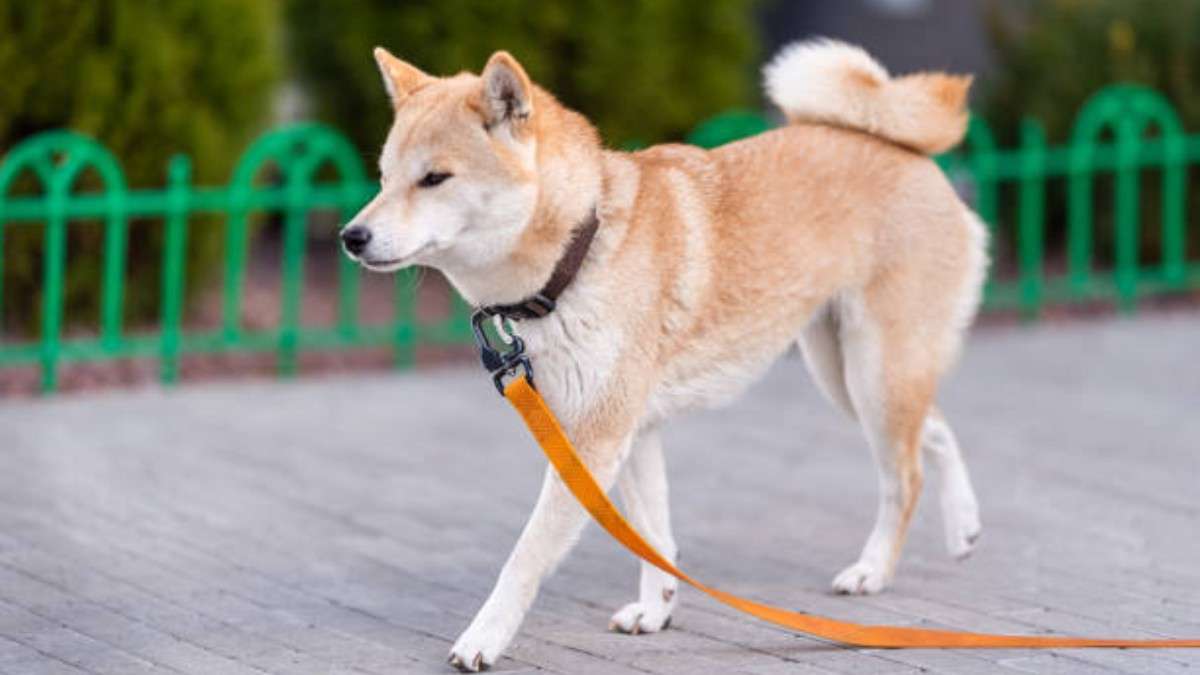
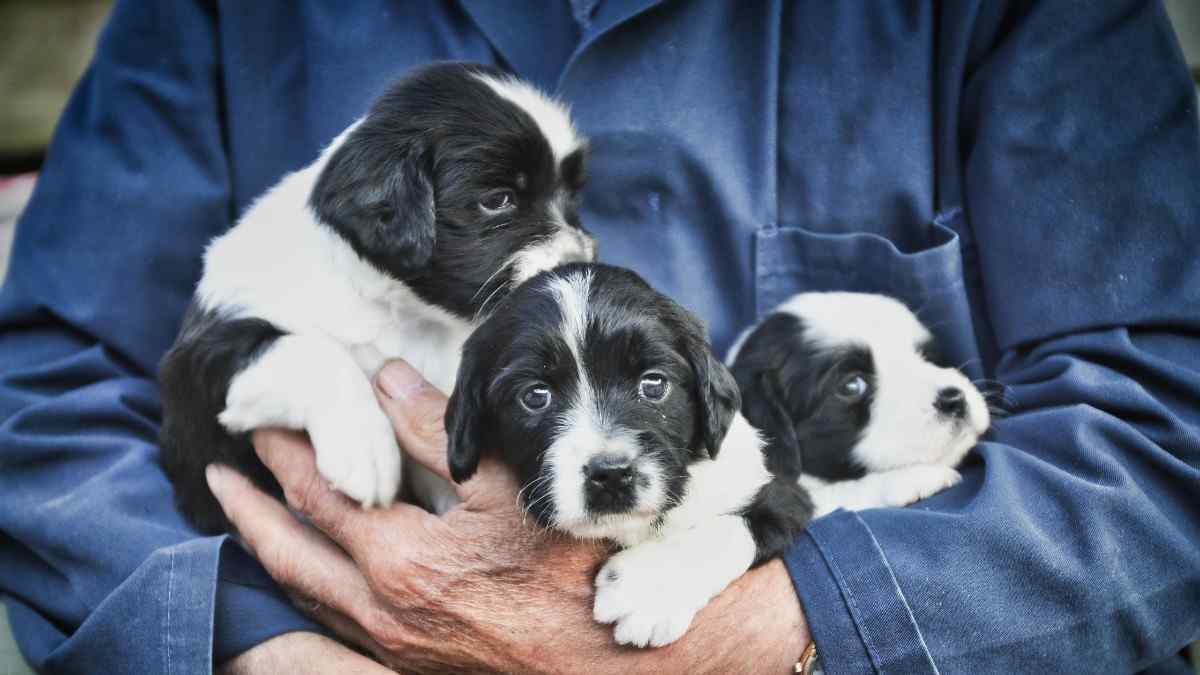
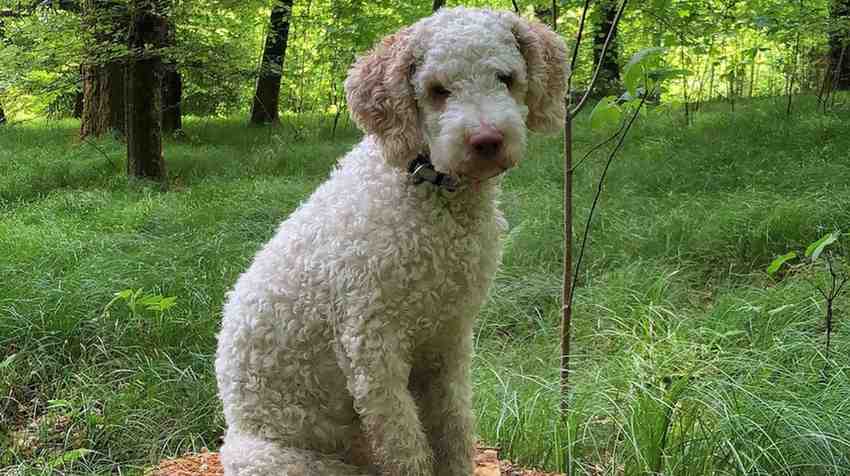
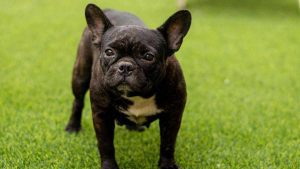
Post Comment